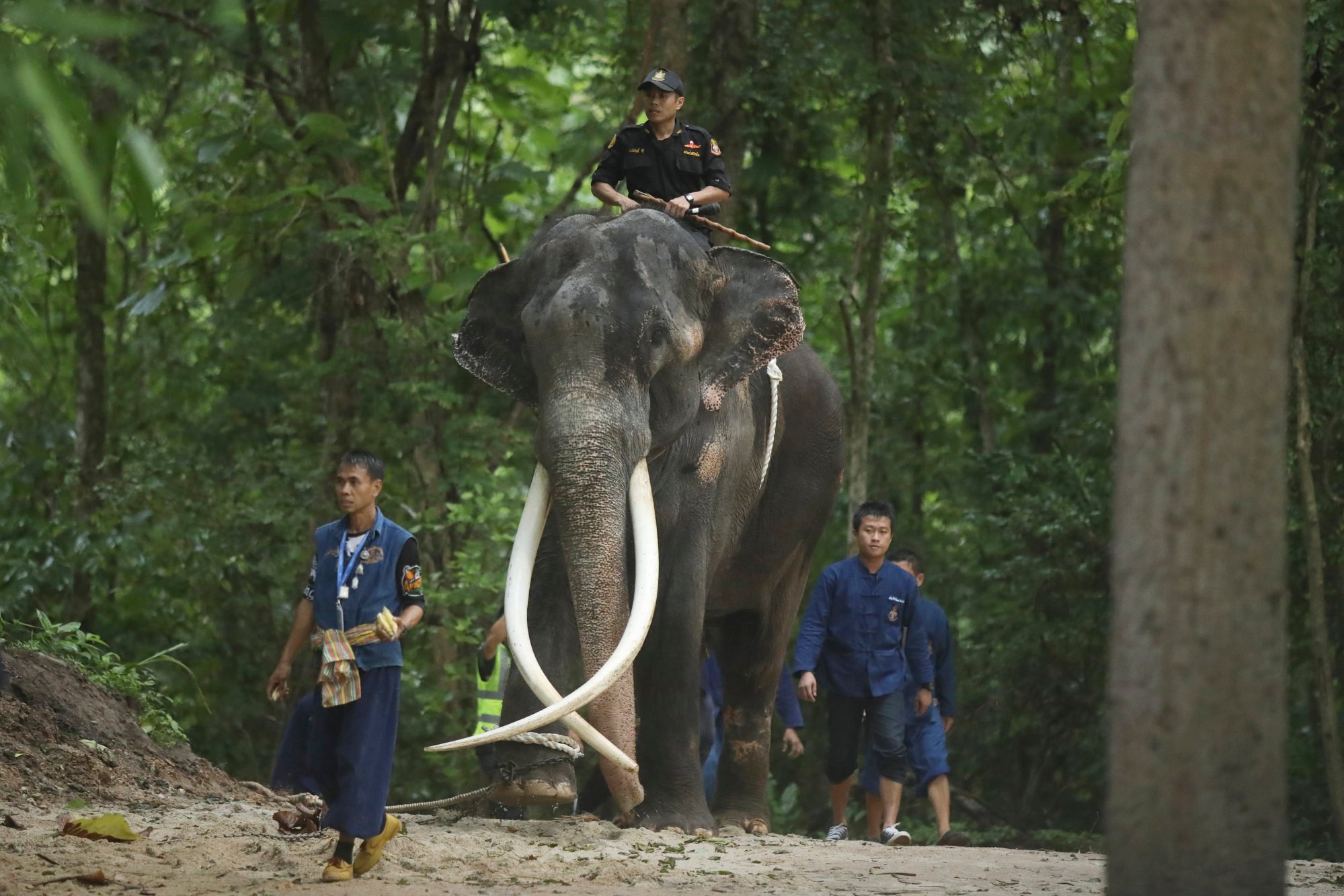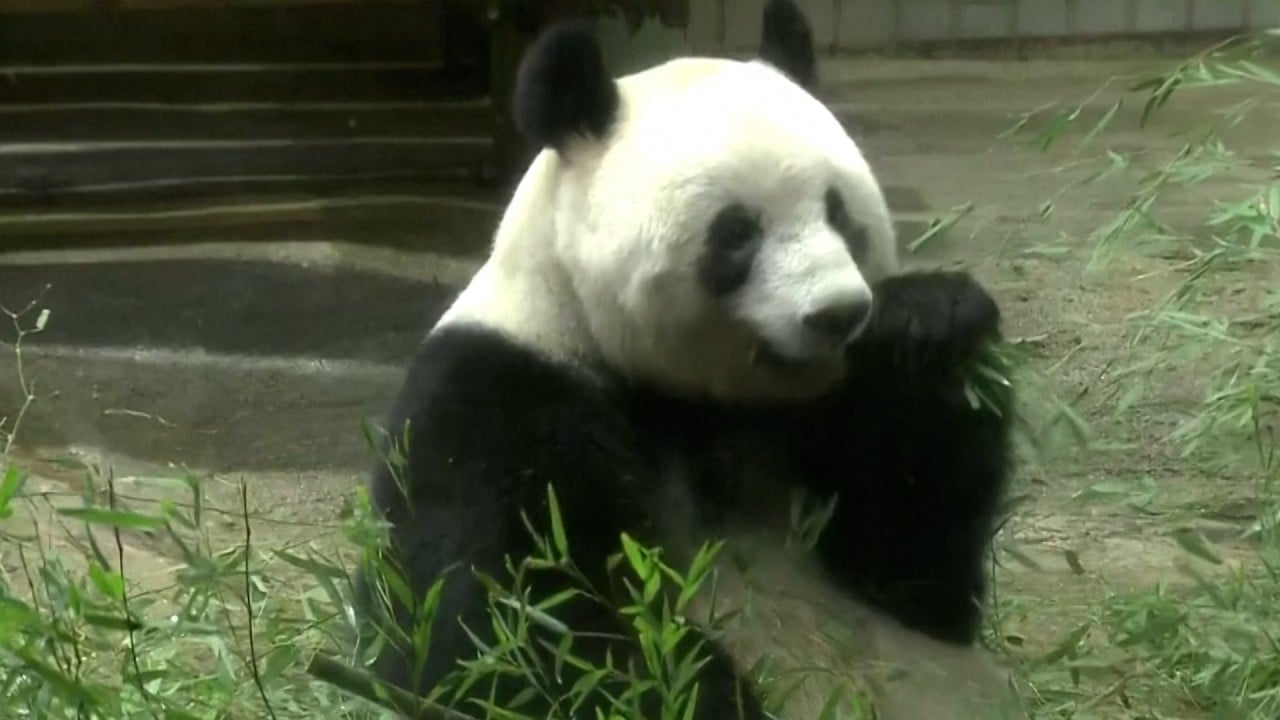Thailand can’t ensure ‘happiness’ of pandas, critics say as PM Srettha mulls loan from China

A former Thai minister has opposed Prime Minister Srettha Thavisin’s plan to loan a new giant panda from Beijing, saying the tropical kingdom lacks a conducive environment for the endangered species to thrive, and pandas are better off living in their country of origin.
But conservationist Kanchana Silpa-archa urged the government to reconsider its proposal given the high costs involved in raising a panda and instead spend the funds on upkeep of local animals such as elephants.
“I love pandas and all animals, and want to ensure their happiness,” Kanchana wrote on Facebook. “We did a great job raising Lin Hui, Chuang Chuang and Lin Bing at Chiang Mai zoo, but its panda zone is too limited.”
The bear and her mate Chuang Chuang that died in 2019 were a symbol of Beijing’s panda diplomacy initiative. The pair’s female cub Lin Bing was born in 2009, and was sent back to China four years later.
There are at least 65 giant pandas overseas in 18 countries, including Japan and the US. Since 1985, the panda loan programme has required that zoos return any cubs to China.
Kanchana, who also served as an adviser to the environment ministry, said panda paddocks in China have a garden where they can venture out and walk around freely.
Such facilities were not available in Thailand and the animals had to spend time in air-conditioned pens to cope with the country’s sweltering summer, limiting their mobility.
The former deputy education minister added pandas were not a major drawcard for tourists who find Thai elephants more interesting, The Nation news website reported.
“It costs a lot of money to rent pandas, while they aren’t really popular with most people. We should use the budget to help secure food supplies for wild animals as the country is expected to face drought-like conditions next year,” she said.
Party time: Chinese panda prepares for homecoming with iced-cake celebration in US
Party time: Chinese panda prepares for homecoming with iced-cake celebration in US
But the head of Chiang Mai’s tourism council disagreed with Kanchana, arguing the arrival of a new panda could boost visitor numbers and the local economy.
“People in neighbouring countries can visit Chiang Mai to see the pandas, as it will be cheaper and easier than flying to China,” Pallop Saejew said.
China loans giant pandas for between 10 and 15 years at a cost of US$1 million annually, meant to support the animal’s conservation in the mainland.
Thais on social media backed Kanchana’s suggestion.
“Please don’t bring the panda to Thailand, let it live in its natural habitat. Let’s take better care of our elephants,” wrote a user on Facebook.
Said another: “I want Thai people to give importance to elephants, our national animal.”

According to the World Wildlife Fund, the life expectancy of a giant panda in the wild is about 15 years, but in captivity they have lived to be as old as 38.
Decades of conservation efforts in the wild and study in captivity saved the giant panda from extinction, increasing its population from fewer than 1,000 at one time to more than 1,800 today in the wild and captivity.






